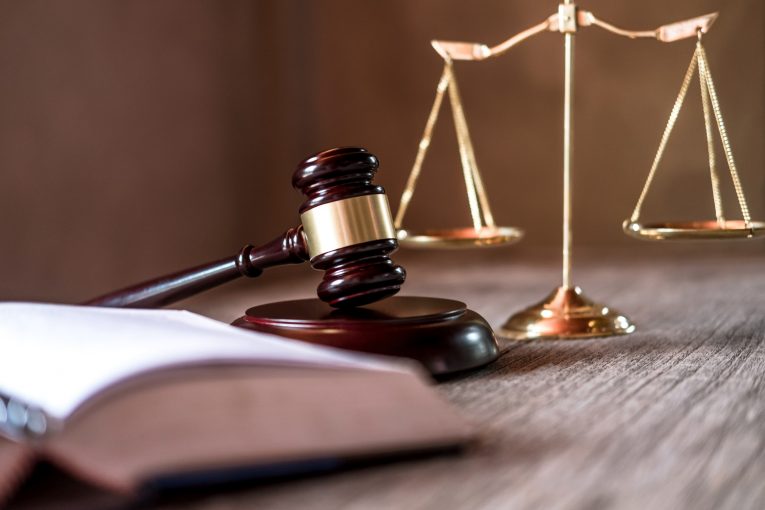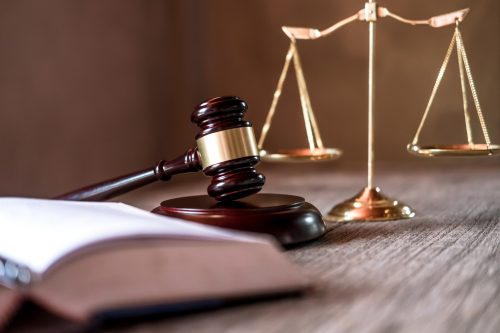

By Naya Wiezel and Paloma Sifuentes
COLUMBUS, OH – A bill was introduced this past month by Ohio State Representative David Leland, a Democrat representing Columbus, designed to improve the process of appealing wrongful convictions.
This bill was introduced following recommendations given by the Supreme Court of Ohio’s Conviction Integrity and Postconviction Review (CIPR) task force in an August report.
This task force was created with the purpose of improving Ohio’s criminal justice system, by evaluating the system and making recommendations. It was created in 2020, to offer a better process of identifying wrongful convictions and a system to fix them.
Representative Leland said “a wrongful conviction not only means that an innocent person is languishing in jail, but it also means that the criminal is still at large. We must fix these errors and bring the real offenders to justice.”
Since 2012, there have been 34 innocent people that have been cleared of their convictions in Ohio, the lawmaker said, and noted, at this moment, there have been 92 reported false convictions since 1990 that were overturned by the court. A dozen of these convictions were exonerated by the help of new DNA technology.
The new legislation introduced by Leland will carry out some of the recommendations introduced by the CIPR task force.
The first recommendation allows those accused to seek a new trial to overturn their conviction by finding new exculpatory evidence, which can be done at any time.
The second recommendation requires further collection of evidence of appeals and post-conviction proceedings by the Criminal Sentencing Commission.
The third and last recommendation states the new bill will create an independent Innocence Inquiry Commission with broad investigatory and subpoena powers that could review claims of innocence. If the Commission discovers a claim to be credible then further evaluation will be done by the courts.
Based on these recommendations, evidence proving innocence must be brought forward if discovered. 